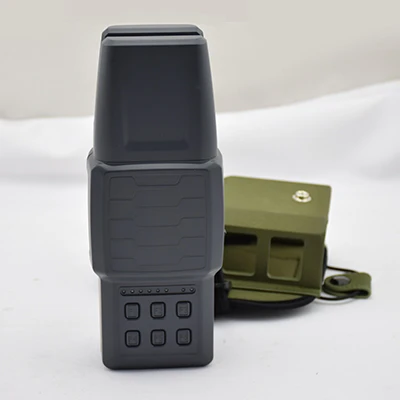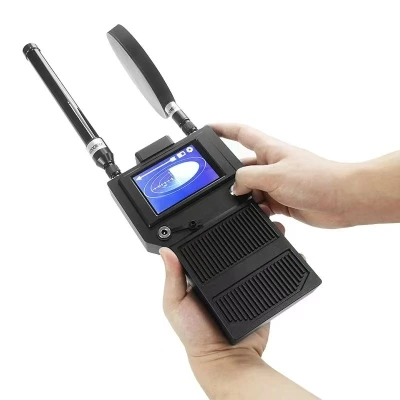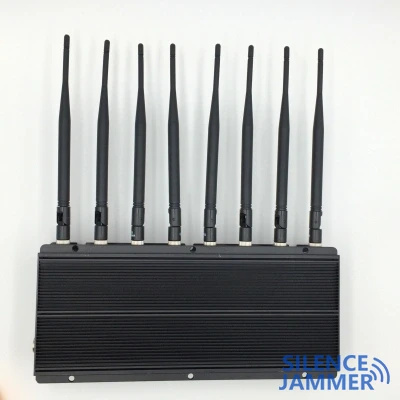In France, the legality of using GSM signal jammers in theaters has caused widespread concern. According to Article L39-1 of the Postal and Electronic Communications Code (CPCE), the use of jammers is prohibited in principle, and violators may face 6 months in prison and a fine of 30,000 euros. However, a decree issued on October 8, 2004 made an exception to this ban and allowed the use of GSM jammers in performance halls. Although this measure is intended to enhance the audience's viewing experience, its legality and practical effects have caused a lot of controversy.
A GSM jammer is a device that can block GSM telephone communications in a specific area. The device emits interference signals to prevent nearby mobile phones from receiving or making calls. Although the 2004 decree allowed the use of jammer devices in performance venues such as theaters, the implementation of this measure faces legal difficulties. First, the use of jammers may prevent operators from fulfilling their duties to provide communication services. Second, such use may violate the principle of free flow of communications in Europe.
According to Article L33-3 2° CPCE, theaters, as places for the public display of intellectual works, are allowed to use GSM jammers. However, the approval process for this exception was unusually long. The process took about three years, as the technical rules involved required consultation at the European level, a decision by ART (the French electronic communications regulator) and the approval of the Minister of Industry. In addition, the use of jammers also raised concerns about conflicts with the "Terminal Equipment" Act of January 9, 1999. The Act requires that equipment should use the radio spectrum efficiently while avoiding harmful interference to other communication equipment.

From an institutional perspective, the strict implementation of the GSM jammer ban is supported by the European Commission and the Electronic Communications Committee. These institutions are opposed to the sale of jammers, believing that they may have a negative impact on freedom of communication. On June 12, 2003, ART's opinion also pointed out that French law is inconsistent with the opinions of the European Commission and member states in allowing the use of jammers in performance halls. In addition, countries such as the United Kingdom, Sweden, Denmark and Finland raised objections to France's approach during the European consultation.

Although the legal issues of using GSM jammer devices in theaters are still under debate, this phenomenon highlights the issue of how to balance the use of technology with freedom of communication in modern society. The use of jammers has triggered a discussion on how to find a reasonable balance between maintaining public order and protecting personal freedom of communication. How to ensure that technical means are used within a legal and effective framework will be an important issue to be resolved in the future.




